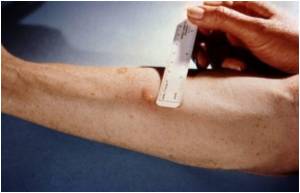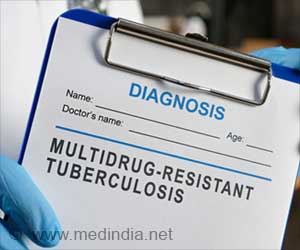In southern Africa, a rapid and new test for tuberculosis could reduce tuberculosis deaths, improve TB treatments, finds study published in PLOS Medicine.

In a modelling study led by Nicolas Menzies from the Harvard School of Public Health in Boston USA, the authors investigated the potential health and economic consequences of implementing the Xpert test in Botswana, Lesotho, Namibia, South Africa, and Swaziland.
When compared to the current most commonly used testing approach (based on a sputum sample), the authors found that using Xpert instead would prevent an estimated 132,000 TB cases and 182,000 TB deaths in southern Africa over 10 years, reducing by 28% the proportion of the population with active TB.
The authors calculated that health service costs would consequently increase by US$460 million, with much of this extra cost due to increased costs for anti-HIV drugs (antiretroviral therapy) for people with TB-HIV co-infection who would now survive TB infection as a result of improved testing and treatment.
The authors also calculated that using Xpert in southern Africa would cost US$959 for every year of healthy life gained, ranging from US$792 in Swaziland to US$1257 in Botswana—levels which according to WHO standards, are considered cost effective. While these results suggest that scaling up Xpert can be a good health investment, the cost per healthy year gained is substantially higher in this study than in previous reports, and the economic results raise questions about affordability that will be critical for policy makers to consider.
The authors say: "Introduction of Xpert could substantially change TB morbidity and mortality through improved case-finding and treatment."
Advertisement
The authors add: "Given the fundamental influence of HIV on TB dynamics and intervention costs, care should be taken when interpreting the results of this analysis outside of settings with high HIV prevalence."
Advertisement











